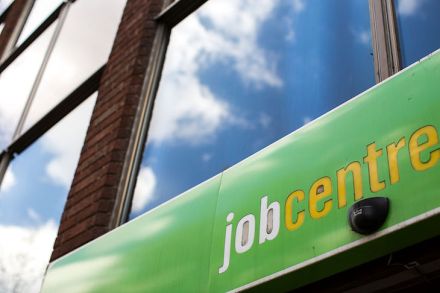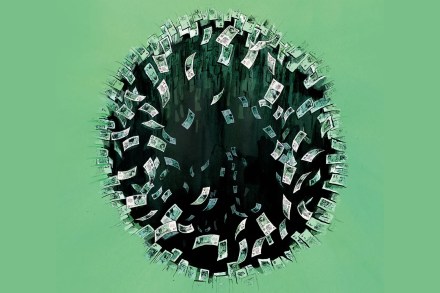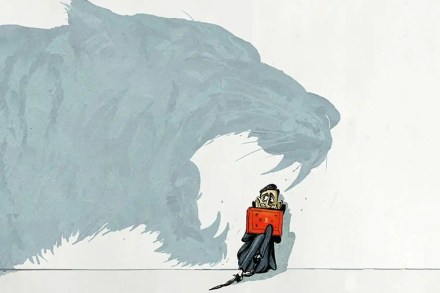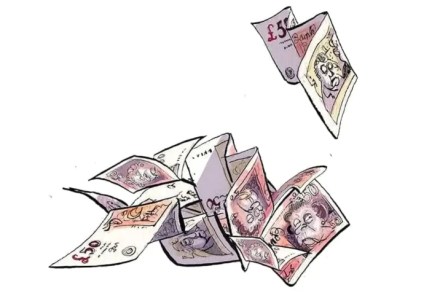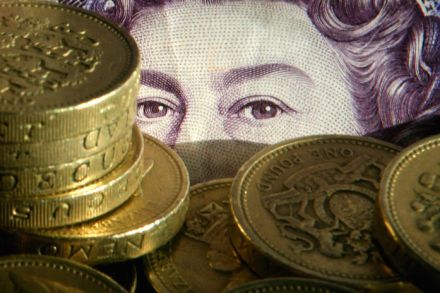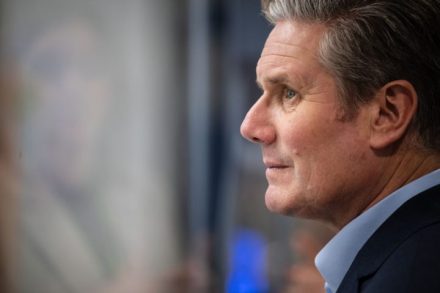Will the Tories’ ‘carrot and stick’ benefits plan work?
Rishi Sunak wants to frame a benefits crackdown in tomorrow’s Autumn Statement in compassionate terms, with ministers saying people with mobility problems and mental illnesses can no longer be ‘written off’ thanks to advances in technology making it easier to work from home. Instead, they will be expected to look for work or face benefits sanctions. The ‘carrot and stick’ approach being proposed will include a promise to claimants that their right to benefits won’t be reassessed if they look for work, as well as better support in the package of reforms being developed by work and pensions secretary Mel Stride. In lots of ways, this is compassionate: being out






